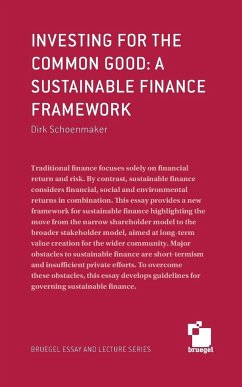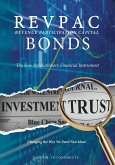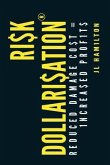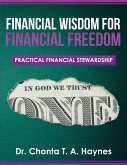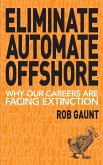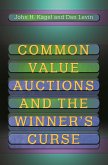Traditional finance focuses solely on financial return and risk. By contrast, sustainable finance considers financial, social and environmental returns in combination. This essay provides a new framework for sustainable finance highlighting the move from the narrow shareholder model to the broader stakeholder model, aimed at long-term value creation for the wider community. Major obstacles to sustainable finance are short-termism and insufficient private efforts. To overcome these obstacles, this essay develops guidelines for governing sustainable finance. Moving from traditional to sustainable finance means having to counter attitudes that are embedded in the ways our economic systems are organised. Shifting away from them requires both new ways of operating but, importantly, new underlying principles that put sustainability centre stage to guide our thinking. It is important that we put this process in motion, and the earlier the better.
Hinweis: Dieser Artikel kann nur an eine deutsche Lieferadresse ausgeliefert werden.
Hinweis: Dieser Artikel kann nur an eine deutsche Lieferadresse ausgeliefert werden.

